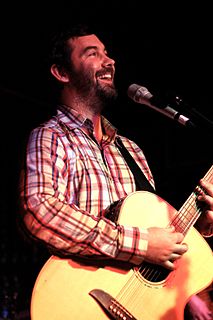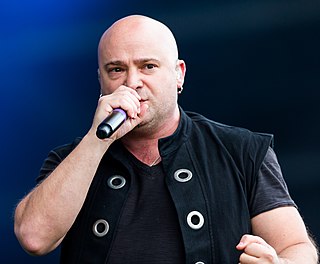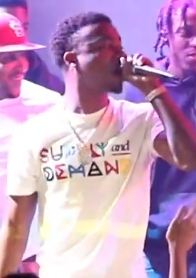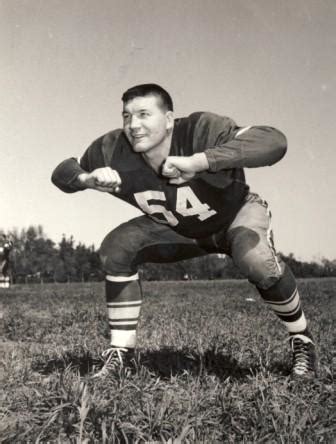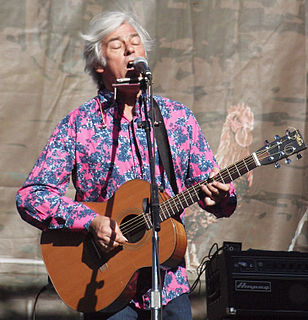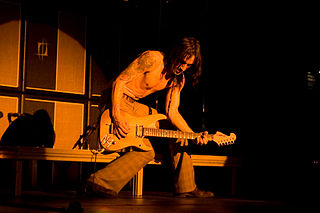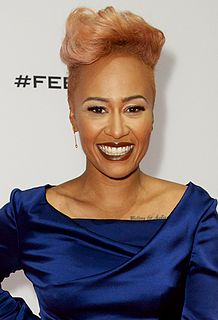A Quote by Duncan Sheik
And frankly, when I made that record, hit songs were not what I was trying to achieve.
Related Quotes
With MTV in the '80s, you made your album but then you needed to use any money you made to create a video - instead of being able to use that money to pay for you and your band to live on while you wrote new songs. So MTV upped the ante of looking for one hit. Conceptual bands who didn't have a hit were going to lose.
We made it. Despite the fear and predictions of doom. We made it. Even though there were days when we were tired and there were days when we forgot who we were. We made it. And we must thank the stars for this. And the birds for their beautiful songs. And the strangers who were careful to smile. We made it.
You're not going to hit it every single time, and that's why, when I record an album, I do probably close to 50 songs. Each song I record has to get better. If it's not better than the last song that I made, it'll usually linger for a couple of months, and then it'll be put on the backburner, and then there'll be another song that I do, and then it often doesn't make it on the album.
Everybody used to be busy writing songs - great songs - that became hits. Now everybody's writing hits. Everybody's desperately writing a hit because they know they can't survive if they don't have a hit. Where in the past, we were writing a song like 'More Than Words' on a porch, not really believing it was gonna be a hit.
I built a reputation as a songwriter in the industry before my own hits. People were used to coming to me for songs. There were songs like 'Clown' and 'Mountains' that were my songs that I wanted to keep. But the record labels saw me as a songwriter. It was hard to get people to believe in me as an artist.
